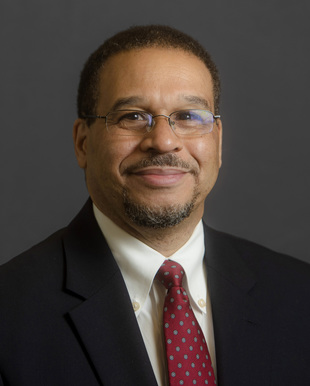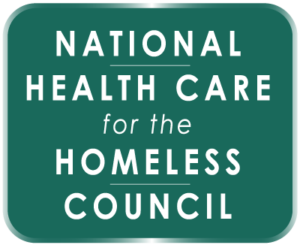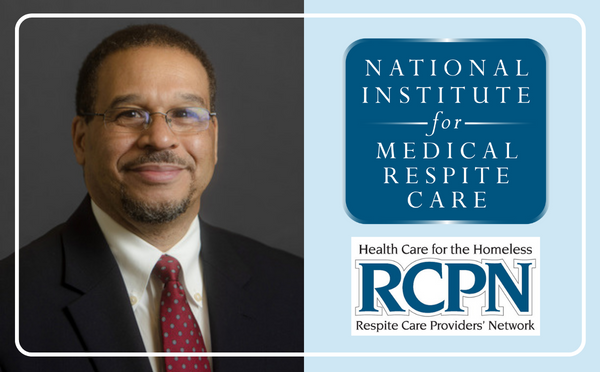By Bobby Watts, NHCHC CEO and Director of NIMRC

The National Institute for Medical Respite Care (NIMRC) was born three years ago near the beginning of the COVID pandemic, a year ahead of the timeline in the National Health Care for the Homeless Council’s strategic plan.
The reason for the early start was that we knew that medical respite was an important part of the answer to the question that many localities and states were asking: How can we protect the health of our homeless neighbors in a global pandemic? That is what medical respite programs had been doing for more than 30 years throughout our nation’s shameful homelessness epidemic.
We knew that needed to elevate the deep experience and expertise of the Respite Care Providers’ Network at that time of great need where lives were hanging in the balance. So, we established NIMRC on July 15, 2020.
In the past three years, this special initiative of the Council has taken steps beyond what we could have expected. Thanks to the guidance of an initial Advisory Panel, the ongoing and continual guidance of the Respite Care Providers’ Network, and generous foundation and corporate partners, we have been able to re-grant more than $6.5 million and combine those funds with customized technical assistance to help more than 50 medical respite programs begin, expand, and/or improve their services and physical facilities.
Our goal is simple, but powerful: to expand and advance the practice of medical respite programs throughout the country. We have been invited to give guidance to states that are considering or are implementing Medical Respite in their state Medicaid plans, which has the potential to solidify medical respite on an ongoing basis in a growing number of states. We have advanced medical respite care by creating tools to help programs implement the Standards that RCPN helped create a few years ago that will improve services and operations.
Based on input from the RCPN, we’ve focused on helping medical respite programs increase the effective provision of behavioral health in their programs.
Finally, we are grateful for generous partners that have allowed us to be on the ground in California to aid medical respite (also called recuperative care) programs, hospital systems, managed care plans, and governments as they implement the ambitious 1115 waiver that now includes medical respite/recuperative care as a community benefit in the largest Medicaid program in the country.
In short, NIMRC, over the last three years, has helped us elevate the knowledge of the RCPN to the health system and secure resources to advance solutions to some of the problems you have identified as most pressing. As any proud parent of a three-year old, when looking back over the last three years, we marvel at how much growth and development has occurred so quickly. And more growth to advance medical respite is coming. Stay tuned …
Bobby Watts is a nationally recognized leader in the field of health care for people experiencing homelessness. Trained as a health administrator and epidemiologist at Columbia University, he brings more than 25 years of executive experience and Board service combating health care crises, addressing state and federal funding challenges and developing safeguards for people without housing. Bobby also directed New York City’s Care for the Homeless from 2005–2017.


